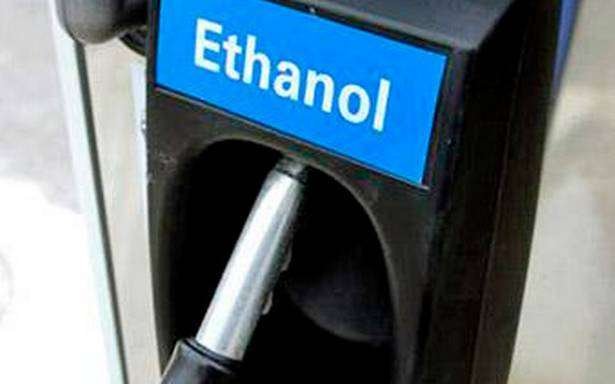The government is aiming at Rs 2 lakh crore ethanol economy from its present size of Rs 20,000 crore as the development of an extensive ethanol industry would mean new markets for the country’s biomass and agriculture sector.
Sensing immense potential and with an aim to curb pollution, the central government is aiming at an Rs 2 lakh crore ethanol economy from its present size of Rs. 20,000 crore. “We are going to make it compulsory for all vehicle manufacturers to make flex-fuel engines that can run on more than one fuel to reduce pollution,” said Road Transport Minister Nitin Gadkari stated while addressing the 2nd annual conference on Alternative Fuels Roadmap for India@75: Moving towards Greener Future, organized by FICCI.
During his address, he highlighted that flex-fuel vehicle will play a crucial role to decarbonize the transport sector, making it sustainable for the environment, economy, and ecology. The Minister also cited examples of Brazil, Canada, and the USA, where most automobile companies manufacture flex-fuel engines.
“We will tap into the strength of the agriculture sector to produce energy and power. The production of bio-CNG from agricultural waste will solve the crisis of air pollution. “We also want to promote the use of green hydrogen, which can help us accomplish the zero-carbon emission mission,” he said. He further said that the government intends to have electric vehicle sales penetration of 30 per cent for private cars, 70 per cent for commercial vehicles, 40 per cent for buses and 80 per cent for two and three-wheelers by 2030.
Gadkari noted that there is a substantial response seen in the domestic market for electric vehicles like electric rickshaws, cars, scooters, and electric bicycles. The Minister emphasized that, simultaneously, research on developing high-efficiency batteries and EV components is the need of the hour. He also applauded the centre and state governments for taking necessary initiatives to promote the manufacturing of electric vehicles by framing favourable policies in the form of incentives, GST exemptions, loan facilities, PLI and other schemes. The minister stated that NITI Aayog has inspired 25 states to come up with EV policies, out of which 15 have already announced their state EV policy.
“To encourage electric vehicle, battery-operated vehicles have been exempted from payment of fees for issue of renewal of registration and new registration mark” he added. India, the minister said has made significant progress towards improving green energy access over the last decade and the government plans to shift public transportation to clean energy sources. “The generation of bio-CNG from agriculture waste will solve the problem of air pollution caused by the burning of agricultural waste in the field,” he said.
The above news was originally posted on www.businessworld.in










